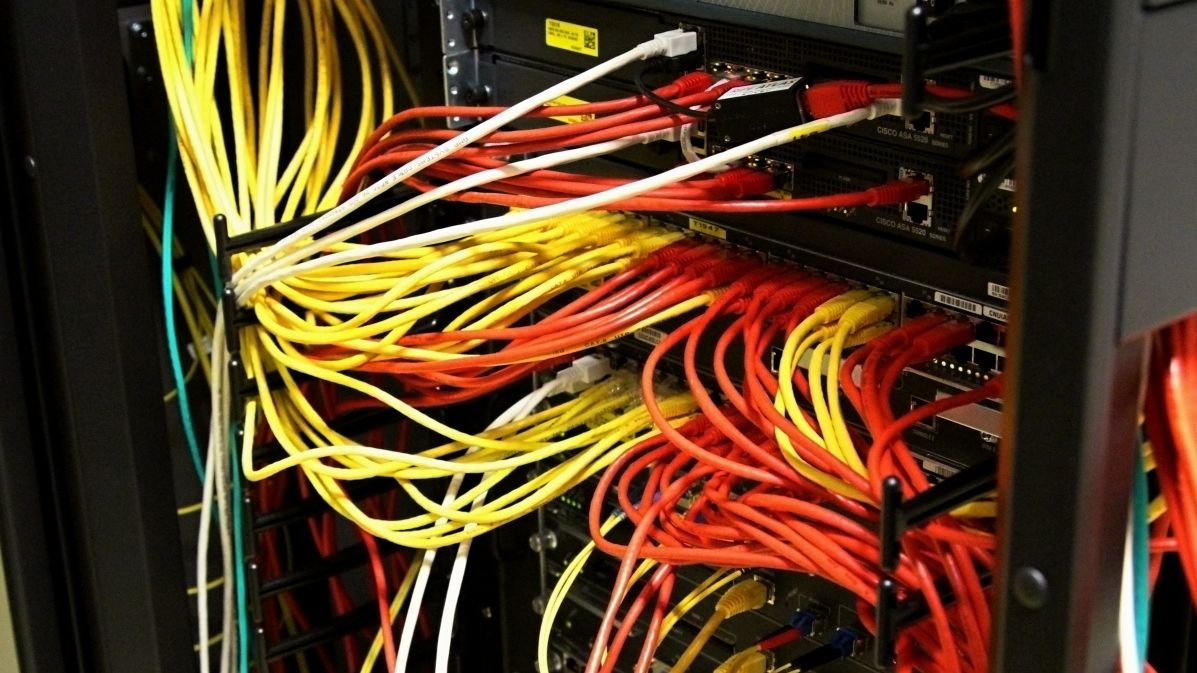Central banks have done their part in efforts to revive the economy and must now give way to the government, according to the Bank for International Settlements (BIS). The statement came after a week of turmoil in financial markets due to the US central bank Fed. He also signaled last week that money printing would end soon.
Pumping money into the economy only takes some extra time to tackle economic problems, and further bond purchases will slow the recovery of the world economy, the bank, which is one of the most influential authorities on monetary policy, said in its report. annual report.
The world has “passed the peak of the crisis”, hence the time to change the current policy of large-scale intervention, suggest institutions which are sometimes referred to as central banks.
The Bank of Basel also warned against further sovereign indebtedness, which is linked to pouring money into the economy. “The government’s move on fiscal consolidation needs to be more ambitious,” BIS head Jaime Caruana said at the annual conference. “Extremely low long-term interest rates make government spending look cheap,” he said, adding that this illusion could quickly collapse if investors believe governments are losing control of their debt growth.
According to the BIS, even tightening the faucet is not without risks. “Central banks must strike the right balance between the risk of early termination (fiscal stimulus) and the risk of delaying termination,” the annual report said. However, extending further current policy will only make it more difficult for the central bank to change its strategy later.
The future role of the central bank will be to maintain financial stability and support reforms, explained BIS’ Stephen Cechetti. Most importantly, they must not drown their government’s reform efforts with zero interest rates and the issuance of ever-increasing numbers of bonds.
Despite the increasingly common opinion that quantitative easing has persisted, the European Central Bank refuses to abandon this policy. As his boss Mario Draghi said last week, banks are even willing to consider introducing negative interest rates. “We will look at these steps with an open mind… Some of these steps come with unintended consequences, but that does not rule them out,” he added.
Even the International Monetary Fund didn’t like the Fed and BIS proposals. According to him, the American central bank should complete its current program of buying government bonds in the volume of 85 billion dollars by at least the end of 2013. Even given the reduced forecasts for world economic growth for next year, “there is no reason to rush”, thinks the head of the fund, Christine Lagarde .

“Tv nerd. Passionate food specialist. Travel practitioner. Web guru. Hardcore zombieaholic. Unapologetic music fanatic.”







